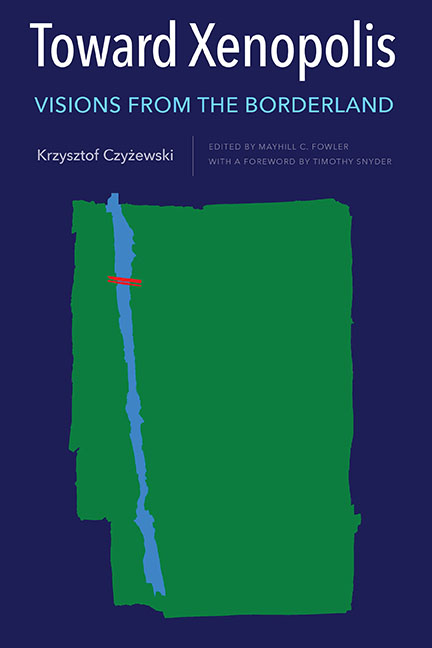Sacrum, Fascism, Eliade
Published online by Cambridge University Press: 16 July 2022
Summary
It's hard for me to talk about this with Mircea…There is more blindness than humbug in their camp, and, perhaps, more good faith than imposture. But then, how is it possible that they don't realize their terrible mistake, their barbarous mistake?
—Mihail Sebastian, Journal, January 15, 1937One day, while traveling through Romania with a group of artists and scholars from various European countries, I asked about Eliade, about the presence of his thought in the country that was undergoing rebirth after a long period of dictatorial rule. To my surprise, a violent polemic broke out between a former Dutch diplomat in Romania, now an active member of the European human rights movement, a Romanian scholar living in Bucharest, and a Romanian émigré writer who had been living in Amsterdam for years. The former diplomat an elderly man, severely attacked Eliade's attitude during the interwar period, accusing him of nationalism and profascist sympathies. The young scholar violently objected, emphasizing that especially today, when it is so important to overcome the heritage of communism, the tradition of the intellectual environment to which Mircea Eliade was connected before the war is of particular significance. The émigré writer, who seemed to be the one of the three best able to keep his cool, accused his discussion partners of oversimplifications and superficiality toward the dramatic complexities of the attitudes of both Eliade and his contemporaries.
This polemic gave me a lot of food for thought. I had asked about Eliade, referring to the writer and scholar who studied the spiritual condition of contemporary man, his loss of roots and the search for a way to return to himself, to his identity, and, eventually, his sacrum. Eliade himself wrote about this in the context of the Romanian tradition, especially in his From Zalmoxis to Genghis Khan. Yet the response from my travel companions was a discussion of nationalism, fascism, anticommunism, religious fundamentalism, and right-wing political parties. Moreover, the temperature of the discussion indicated that these are not matters that have become issues of the past either here in Romania (as my experience during my multiple visits to this country has shown), or in Europe.
I felt there was more to it than mere digging in the past of the famous Romanian writer. Somewhere in this story the seeds of a new attitude were hiding that attracted young intellectuals and European politicians.
- Type
- Chapter
- Information
- Toward XenopolisVisions from the Borderland, pp. 117 - 132Publisher: Boydell & BrewerPrint publication year: 2022

